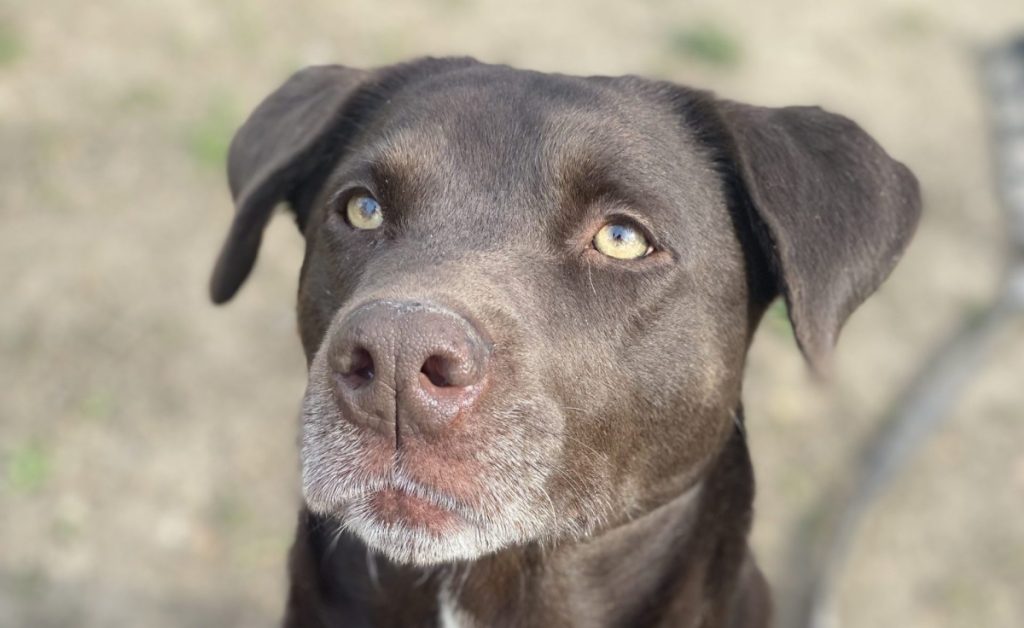
Adopting a pet can enrich our lives in many ways. They provide companionship, increase opportunities for exercise and socialization, and can even improve our health.
Studies have shown that the bond between people and their pets is linked to several positive health outcomes, including:
- Decreased blood pressure, cholesterol levels, triglyceride levels, feelings of loneliness, anxiety, and symptoms of PTSD.
- Increased opportunities for outdoor activities, better cognitive function in older adults, and more opportunities to socialize.
However, with all these benefits come personal and financial responsibilities. There are some things to consider before deciding to adopt a pet. While this is certainly not an exhaustive list, it will get you started thinking about pet parenthood.
- What kind of pet makes the most sense for you, your family and/or lifestyle? Whether it’s a dog, cat, rabbit, guinea pig, or bird, all pets require daily care, cleaning, exercising, and feeding, but some pets and certain breeds demand more attention and time. It’s also important to consider the expected lifespans of different kinds of pets.
- Are you prepared to take on the financial responsibility? Besides basic veterinary care, food, cleaning and care supplies, etc., there are additional possible costs, like training, walking/daycare services, grooming, and unexpected veterinary bills.
- Can you have a pet where you live? Some rental communities don’t allow pets or restrict certain kinds or even breeds. It’s important to check with your rental property on their pet policies and about any pet deposits you may be required to pay.
- Shed happens. And so does … other stuff. Are you prepared for the special aspects of pet parenthood, like shedding, messes, barking, and chewing and/or scratching?
Bringing Your Pet Home
If you have determined that adopting a pet is right for you, it’s time to think about preparing your home for your new pet. Here are just a few tips for getting your house pet-ready:
- Animals are inquisitive and naturally like to get into things. Think about what your pet might be able to access, including trash cans, blinds, electrical cords, food storage containers, etc.
- Do your research on plants. Many common houseplants are toxic.
- Set up a safe space just for your pet. Having a place to retreat to can make them feel more comfortable.
- Secure your home and yard. Ensure that all doors and windows latch properly and the yard is free from hazards and holes.
- You’ll need supplies! You can find new pet shopping lists for dogs and cats here.
First Days Home
Every pet is different and will acclimate to their new home on their own time. Some pets may immediately explore their space, while others may want to sleep, relax, or get the lay of the land from a safe spot. Here are some things to consider when your pet first arrives home:
- It’s important to give your new pet the space they need to feel secure in their home. Rushing the process can cause undue stress on the animal.
- Introduce the pet to new people and places slowly, and avoid situations which may overwhelm the pet (like the dog park or a big family gathering on their first day home).
- Remember it takes pets a while (up to three months in some cases) to decompress and learn a routine. Try not to get frustrated if they haven’t gotten the hang of it just yet. Patience is key!
- Keep pets properly identified with a fitted collar, ID tag, and an up-to-date microchip.
Adopting from a Shelter or Rescue
The Animal Welfare League of Alexandria has all kinds of wonderful companion animals up for adoption, including puppies, small and large dogs, cats and kittens, guinea pigs, rabbits, birds, and even lizards on occasion.
All manner of pets and breeds enter shelters and rescues. Make sure to consider adopting your next animal companion. You’re sure to be rewarded with a lifetime of love and appreciation!
By Erin Shackelford


